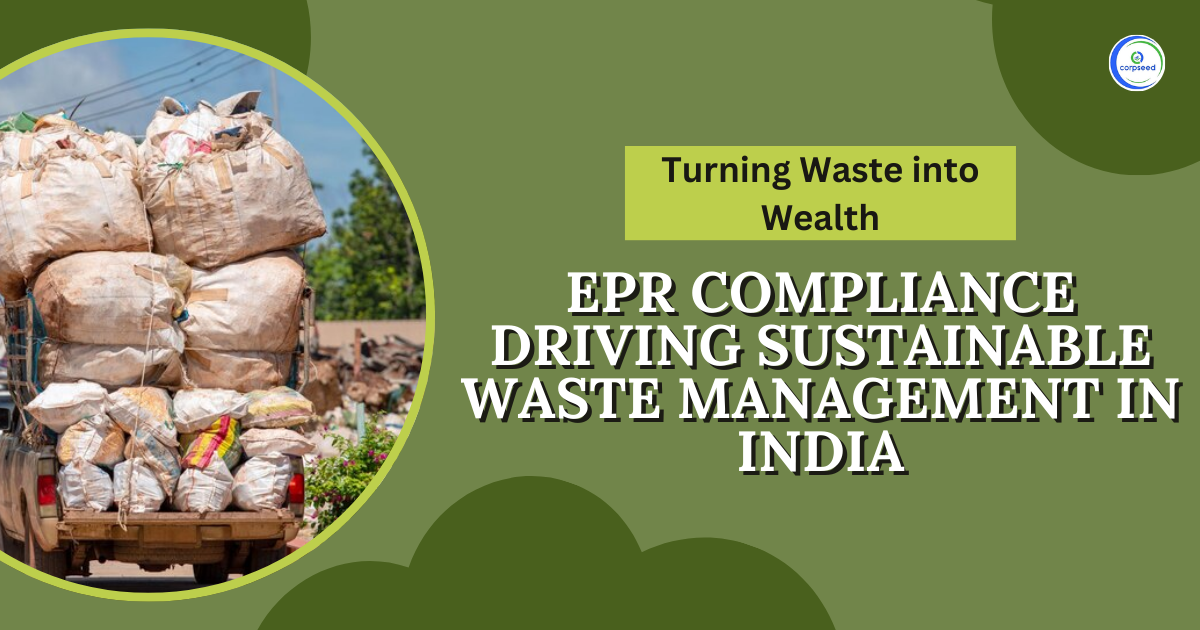What is EPR?
Extended Producer Responsibility contribution to promoting a reverse collection process and end-of-life recycling, post-consumer waste. The goal is to loop it back into the resource recovery network embedded in the waste.
Table of Contents
--------------Blog Contact Form-------------
India has enacted laws in recent years that implemented the principle of Extended Producer Responsibility for Plastic Packaging Waste and Extended Producer Responsibility for E-Waste. Saahas Zero Waste (SZW) supports manufacturers and brand owners in the reverse management of these types of waste.
In May 2011, the Ministry of Environment and Forest notified E-Waste Rules which came into force with effect from 1 May 2012. Such laws have enshrined the principle of Extended Producers Accountability (EPR). By setting up collection centres or taking back systems either individually or collectively, the producers are required to collect e-waste produced from the end-of-life of their products under these Rules. Recycling of e-waste can only be carried out in facilities approved and registered with the State Pollution Control Board/ Pollution Control Committees (PCCs).
Wastes produced must be sold to a recycler or re-processor with environmentally friendly facilities that is licensed or approved. The law provides for the establishment of a collection centre individually or jointly; by a registered society or a designated agency; or by an e-waste collection organization.
The Central Pollution Control Board (CPCB) has solidified its position on plastic bundling and asked 52 organizations from nine enterprises to present their Extended Producer Responsibility (EPR) plan, in understanding to the Plastic Waste Management (PWM) Rules, 2016. All organizations utilizing any sort of plastic bundling are required to embrace EPR enrollment either from CPCB or State Pollution Control Board (SPCB)/Pollution Control Committee (PCC) by and large
Producer Responsibility Organization (PRO)
The companies are required to collect back the end-of-life waste generated through their business. This is done by waste collection agencies which are called Producer Responsibility Organizations (PRO). The concept of extended producer responsibility is at the heart of most recent policies and regulations on the end-of-life management of recyclable products. The increase in the consumption of non-biodegradable goods over the years has resulted in a serious environmental problem. Proper administration of the waste consequently produced has involved genuine worry for policy creators. That is where the blame game begins.
The experts in the most recent decade have forced the weight on the producers to be answerable for their end-of-life management. The producers may likewise decide to designate this obligation to a third party, a supposed Producer Responsibility ('PRO'), which is paid by them for utilized items management. A portion of these guidelines depends on the EPR idea, which makes the producers answerable for the natural outcomes during the item life cycle. Organization for Economic Co-operation and Development ('OECD') describes EPR as ' an approach to environmental policy in which the responsibility of a manufacturer for a commodity is extended to the post-consumer stage of the life cycle of a commodity including its final disposal'1. EPR does not form part of corporate social responsibility (' CSR '), but rather is part of sound business practices.
India embraces the definition of PRO in two sectors:
- Plastic waste management
- E-waste management
The E-Waste (Management) Rules, 2016 and Plastic Waste Management Rules, 2016 place
primary responsibility on the producer for the processing of electronic waste plastic items.
They need to set up a collection system for the waste produced because of their goods.
Categories of Waste
Plastic Waste
- Multi-Layered Plastic (MLP) - For cookies, chocolates, and biscuit wrappers, most businesses use Multi Layered Plastic packaging. Combined with other materials such as paper, paperboard, polymeric fabrics, metalized layers or aluminium foil, this consists of plastic. This packaging helps in the safe storage of perishables, but MLP solutions have not been given enough consideration by the designers to recycle.
- Polyethylene Terephthalate (PET) - Polyethylene terephthalate, commonly referred to as PET, is a widely used packaging material that has high recycling potential.
E-Waste -
- India produced e-waste estimated at 18.5 lakh tons in 2018. This is expected to rise by 2020 to 50 lakh tonnes. Such electronic devices have thousands of different metals in them. Many of these metals, including gold and copper, are precious. Yet heavy metals such as lead, arsenic, and cadmium are also extremely toxic. The informal sector actually manages more than 95 per cent of all e-waste in India
Documents required for Extended Producer Responsibility (EPR) from Central Pollution Control Board
- IEC, GST, Pan Card & Aadhar Card Copy of Importer.
- Certificate of incorporation of Private Limited Company / Public Limited Company.
- List of products with Model No. and Quantity. (Approx.)
- If the Previous sale did then required
- Date of first sales (day/month/year) &Qty
- Products details with model number
- Country of origin.
- Required Toll-free number
- Required website
Conclusion
Although EPR obviously responds to core issues for governments in principle, implementation is far more difficult for businesses. Informal waste workers are responsible in developing countries for 90 percent of recycling. Companies pump out large plastic volumes into these regions, they are faced with attempting to collect it in a fractured, unpredictable recycling environment. Eliminating Multi-layered Plastic is additionally part of the 2016 - 2018 Plastic Waste Management Rules.
The CPCB's plastic whip, for the first time, is prepared to make a far-reaching influence to guarantee powerful usage of PWM rules. Be that as it may, extensive EPR rules characterizing characteristic costs, courses of events, and assortment targets are required to streamline the waste administration frameworks.
A perfect EPR structure ought to be a combination all things considered. Additionally, a practical framework dependent on source isolation should be created by the makers. Since squandering the executives is city bodies' essential duty, support by makers can help guarantee increasingly feasible waste administration rehearses
This portion of the site is for informational purposes only. The content is not legal advice. The statements and opinions are the expression of author, not corpseed, and have not been evaluated by corpseed for accuracy, completeness, or changes in the law.
BOOK A FREE CONSULTATION
Get help from an experienced legal adviser. Schedule your consultation at a time that works for you and it's absolutely FREE.


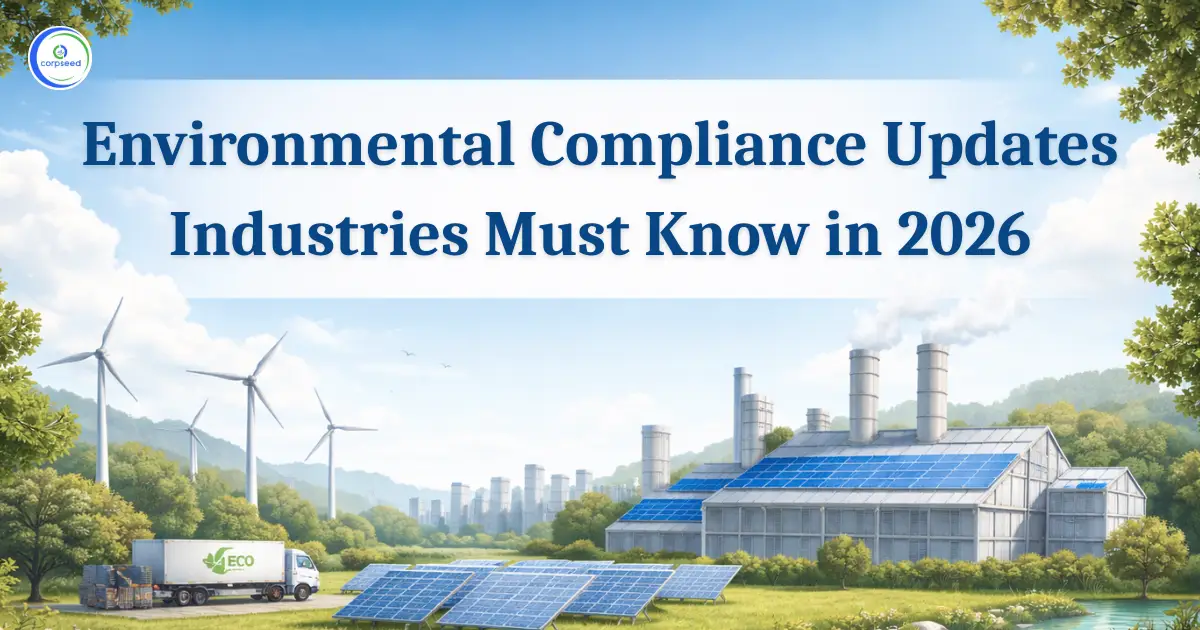
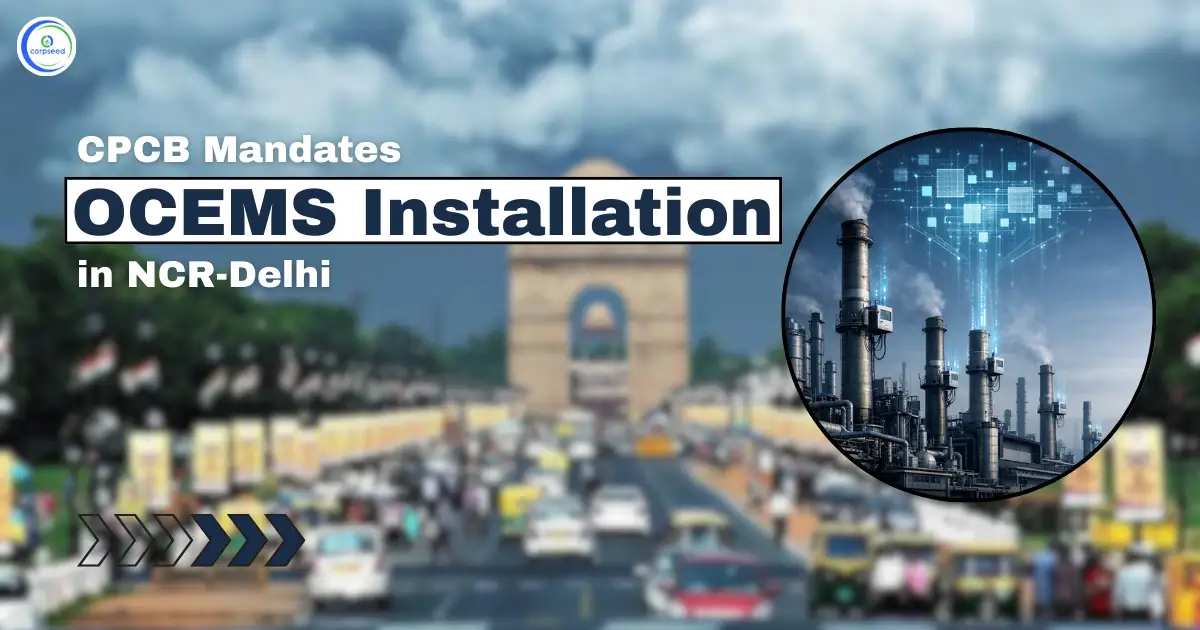
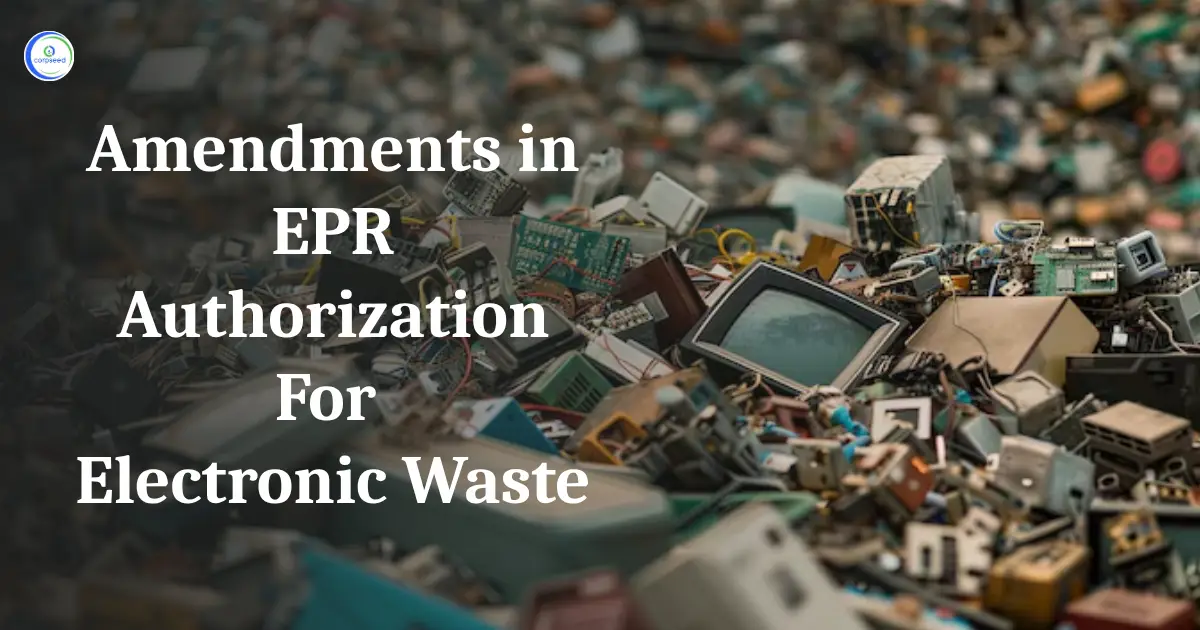
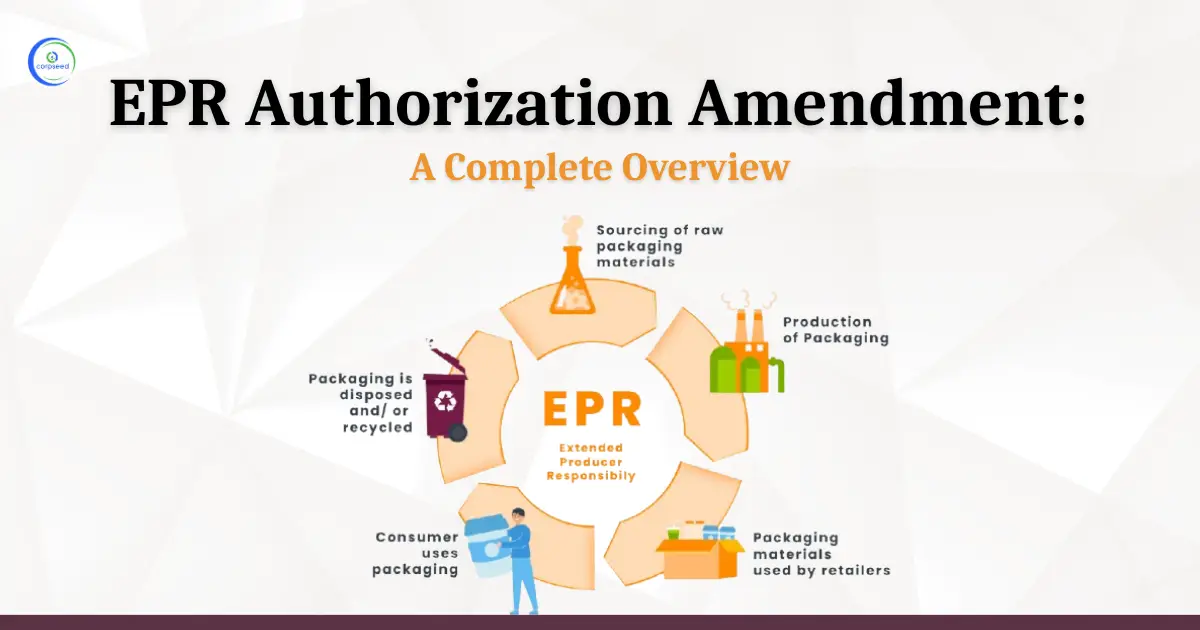
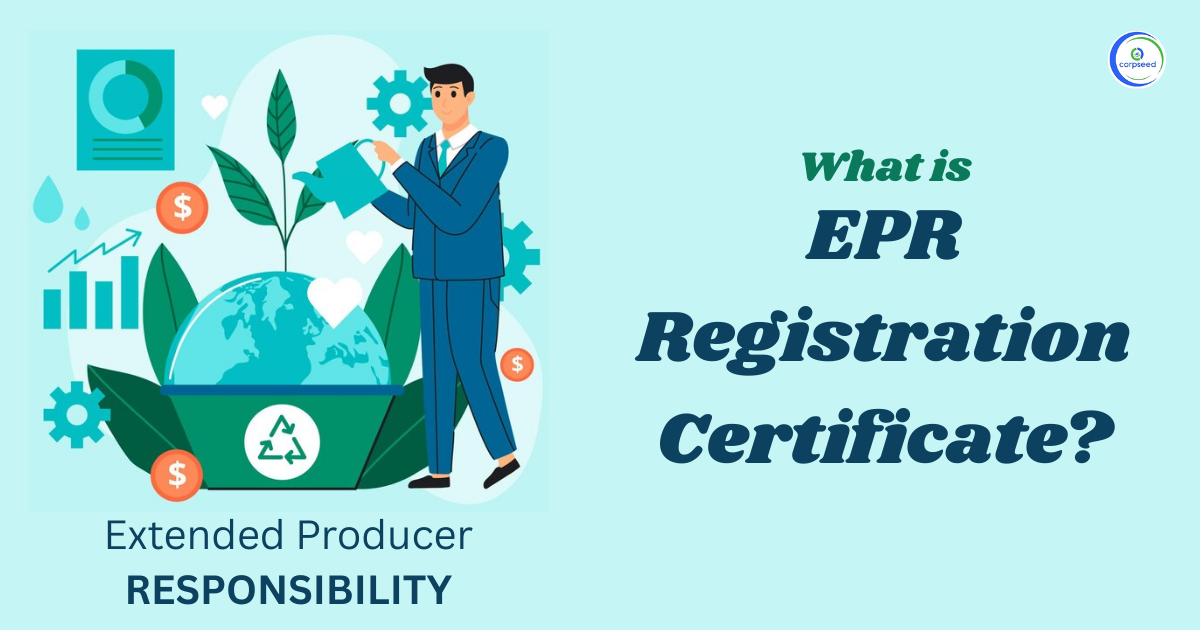
.webp)
